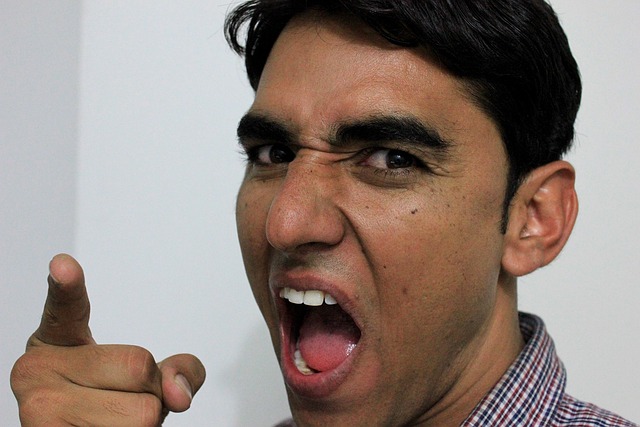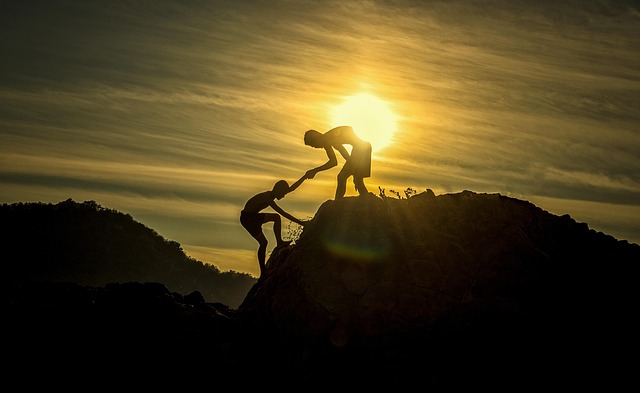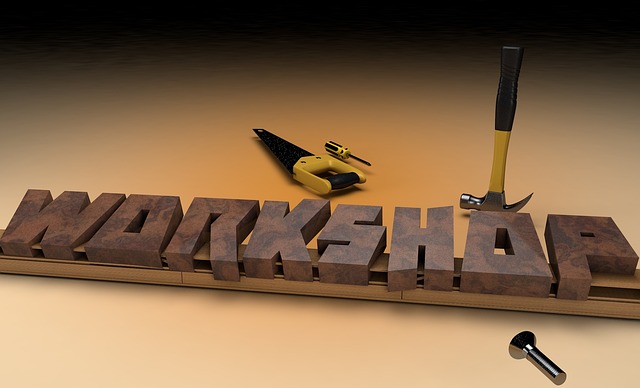Blaming, a deeply ingrained human tendency, reflects our desire to make sense of chaos in our lives. It serves as a coping mechanism, enabling individuals to navigate the complexities of existence. In the realm of existentialism, we are urged to confront the absurdity of life and take ultimate responsibility for our choices. When we point the finger at others, we often ignore the unsettling truth: that we possess the agency to shape our own destinies.
Modern philosophy teaches us that blaming others can hinder personal growth. Instead of viewing life’s challenges through the lens of responsibility, we externalize our struggles, wrapping ourselves in a comfortable narrative of victimhood. This mindset not only absolves us of accountability but also inflicts emotional damage, both on ourselves and those we blame. In psychological terms, this process can lead to a cycle of resentment and anger, which only serves to deepen our sense of alienation in a world that often feels indifferent.
Consider the insights from science, particularly psychology. Studies have shown that individuals who blame others for their misfortunes display lower levels of emotional intelligence and resilience. Blaming can create a feedback loop—an endless cycle where each finger pointed outward only leads to a deeper understanding of our own inadequacies. The act of blaming, while momentarily satisfying, ultimately offers a misguided sense of control over an uncontrollable world.
Existentialist thinkers such as Jean-Paul Sartre and Simone de Beauvoir remind us that existence precedes essence. This means that our identities are not predefined but rather shaped by our actions and choices. To blame is to deny the freedom that comes with existence; it undermines our ability to act authentically and embrace the full spectrum of human experience. When we shift our focus from blaming others to understanding ourselves, we begin to acknowledge our role as active participants in life’s narrative.
Moreover, modern philosophy encourages us to embrace the discomfort that comes with personal responsibility. Acknowledging our failings and learning from them fosters resilience and empathy. It empowers us to let go of blame and regain control, steering our lives toward personal authenticity. Each decision we make is an opportunity for growth—a chance to redefine our paths and understand the interconnectedness of our choices and their impacts on others.
In a world that often pushes us to find scapegoats, the existential challenge lies in resisting the impulse to blame. Instead, we should cultivate a mindset of introspection that acknowledges our inherent responsibility. By doing so, we can transcend the perils of blaming and step into a life filled with purpose, understanding, and a genuine connection to those around us. It is in grappling with our existence, rather than deflecting it onto others, that we can truly flourish.




